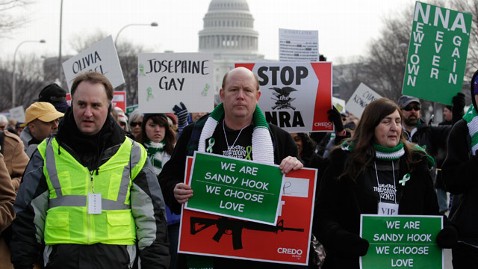President Pranab Mukherjee will be the chief guest at the awards function. Joining him, and a power-packed audience consisting of top achievers from diverse fields, will be beneficiaries of the organisations selected for the awards.
For some beneficiaries, this visit to the capital will mark the first time they have travelled beyond the boundaries of their district. Awards in 17 categories will be presented by the beneficiaries.
The awardees and beneficiaries collectively represent the very best of India in all its fascinating diversity. They range from nine-year-old Jyoti Prajapat from Ajmer district to 83-year-old Thokchom Ramani Leima from Imphal. Jyoti will join 10-year-old Ujala Kumari from Delhi to present the award for educat8ion in the NGO sector to Room to Read India, whose libraries gave both girls an abiding love for reading. Leima will take the stage with four other women members of Meira Paibi, the fearless group of women from Manipur who will share the Lifetime Achievement Award with the Naga Mothers Association. The two groups have battled social evils like alcoholism and drug abuse, and spearheaded peace efforts in the insurgency-ridden region.
Others who will present awards include Sarjubai Meena, a grandmother from Bhilwara who is known as the "woman with the turban". Sarjubai will present the award for Environment in the NGO category to the Foundation for Ecological Security, which helped her and others turn the village into a fertile, prosperous one, in which Sarjubai, a dalit woman, now feels she has earned the right to wear a turban.
Eleven-year-old twins Hiranya and Thiruvara Bhargavi who were born with cerebral palsy, will present the award for health in the Government category to the National Trust for the Welfare of Persons with Autism, Cerebral Palsy, Mental Retardation and Multiple Disabilities, whose pioneering insurance scheme helped them access life-saving surgeries.
The hunt for India's real heroes began in August last year when the Times of India invited applications from NGOs, corporates and government organisations in five categories: livelihoods, advocacy and empowerment, education, health and the environment. Online applications were accepted between October 2 and 30, 2012 through a dedicated website. A National Search Panel of eight eminent persons with long experience in the development sector was also constituted in early August, which identified 126 organisations worth consideration, who were then motivated to apply.
Facebook and Twitter pages helped answer questions about application procedures and kick-start a discussion. Finally, over 1500 entries were received, spanning the length and breadth of the country. The majority of applications were from NGOs.
The eight key parameters to evaluate the entries were significance of the issue addressed, scale, replicability, sustainability, finances, people's participation, innovativeness and promotion of equity. Every claim had to be backed up with documents and financial details had to be transparent. A specialist group consisting of philanthropy specialists from Dasra, GiveIndia and GuideStar India screened the entries and 20 sector-experts then evaluated these entries to prepare a final shortlist of 41 entries. TOI reporters conducted field visits of each entry.
An eminent jury comprising Unique Identification Authority of India chairperson Nandan Nilekani; Magsaysay awardee and National Advisory Council member Aruna Roy; former Cabinet Secretary Naresh Chandra; Magsaysay awardee and former Chief Election Commissioner J M Lyngdoh; Planning Commission member Syeda Hameed; former chairperson of Thermax Limited and Rajya Sabha MP Anu Aga; Centre for Science and Education director-general Sunita Narain and HDFC Bank chairperson Deepak Parekh spent an afternoon debating and discussing, before selecting the winners. The jury also nominated a Global Contribution to India award winner and a Lifetime Achievement award winner.










